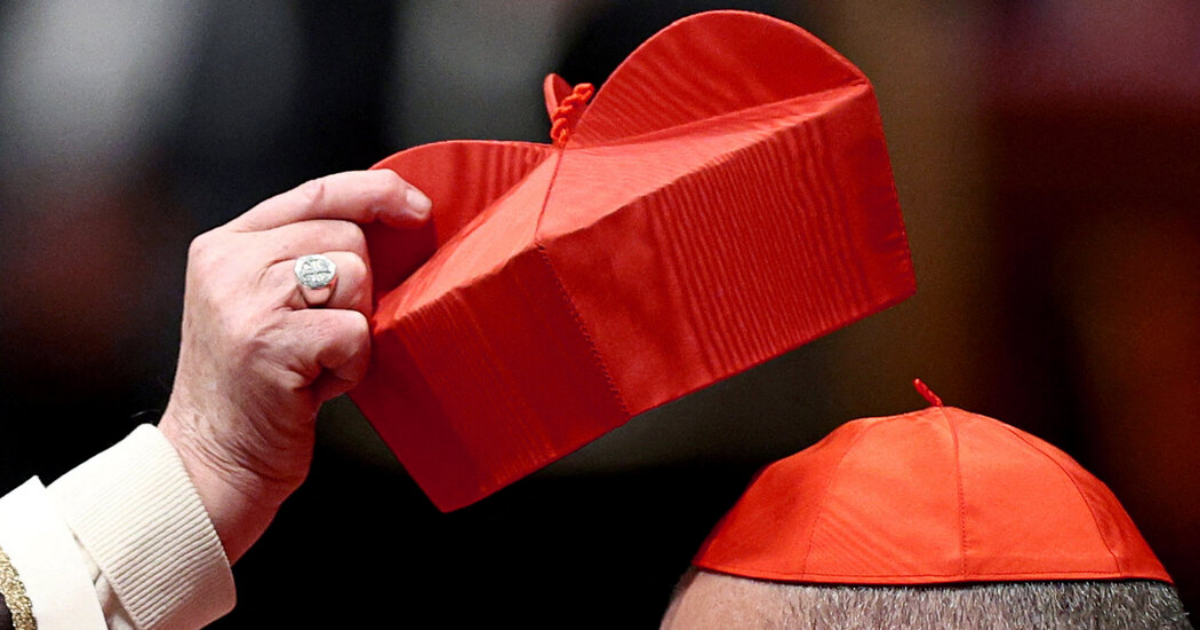Pope Francis’ death on Monday introduces the Catholic Church to an uncertain era for which he tried to prepare it. The cardinals will soon be summoned to Rome for the conclave to elect his successor and must now consider if Francis’ vision — a merciful church in which all are welcome — remains the right one or whether an altogether different approach, perhaps one more focused on the demands of the Christian faith, is needed.
Before the conclave starts, the cardinals will spend up to two weeks in Rome meeting to consider what kind of pope is needed, both for the church and for the world. As the discussions go on, they will ask, “Who among us?” Only then do the 135 cardinals eligible to vote — those under 80 years old — go into lockdown in the Sistine Chapel and decide on their choice.
The cardinals will be aware of the moment. In the final months of Francis’ papacy, the West appeared to be fracturing, along with the post-World War II rules-based order. The world now seems a jungle in which right is might, in which imperial centers — America, China, Russia — compete ever more fiercely to assert their sovereignty while trampling on that of smaller nations. The cardinals will take note, too, of a social breakdown within many countries: the increasing collapse of civility and the angry resentment that lie behind the rise of nationalist populism. They will see growing violence and the prospect of more war.
They will wonder what all this now asks of the church as a whole and of the papacy in particular.
While worrying about the threat to democracy and law, most of the cardinals are not likely to mourn the imminent passing of the liberal order, which many may see as the consequence of individualism and market idolatry. They instead may blame Western liberalism for what they consider gross social inequalities, the privatization of morality, the erosion of institutions and the neglect of the common good.
Many churchmen are traditionally sympathetic to workers; they share the indignation of ordinary people at the way the deck has been stacked in favor of the educated and wealthy and against the working poor. In Africa, Asia and Latin America, from which nearly half of the electors hail, many cardinals are also angry about market-driven globalization. They believe liberal Western values have been imposed on the world, dissolving bonds of trust, tradition, community and family.
At the same time, probably few will be impressed by the rise of strongmen dressed in the flag of nation and faith. Many may regard Donald Trump, Elon Musk and his ilk as nihilists who know how to destroy but not to build and be aghast at the hounding of migrants and the reckless rejection of environmental concern, both of which were core to Catholic social teaching under Francis, who appointed four-fifths of the electors. They will probably see in the new authoritarianism a sign that the state is no longer acting as a brake on what St. Augustine called the “libido dominandi” — the desire to dominate — but now exalts it in the person of an autocrat.
Thank you for your patience while we verify access. If you are in Reader mode please exit and log into your Times account, or subscribe for all of The Times.
Thank you for your patience while we verify access.
Already a subscriber? Log in.
Want all of The Times? Subscribe.


